Britain & Ireland 1745-1901
The relationship between Britain and Ireland is explored here across a number of articles. Particular themes assessing and exploring social reform on matters such as housing, industrial change and emerging civil rights are included here. Key individuals from the world of politics, science and women’s rights are also examined in detail.
Sort by:
Date (Newest first) | Title A-Z
Show:
All |
Articles |
Podcasts |
Multipage Articles
-

'If Jesus Christ were amongst them, they would deceive Him'
ArticleClick to view -
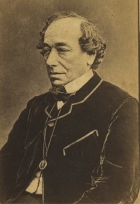
'The end of all existence is debarred me': Disraeli's depression 1826-30
ArticleClick to view -
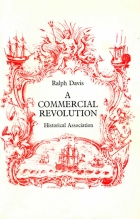
A Commercial Revolution
ArticleClick to view -

A complex empire: National Archives Learning Curve takes on the British Empire
ArticleClick to view -

Adam Smith
ArticleClick to view -
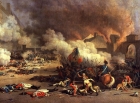
Age of Revolutions Resources
InformationClick to view -
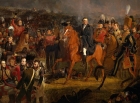
Assessing the Battle of Waterloo in the classroom
ArticleClick to view -

Attitudes to Liberty and Enslavement: the career of James Irving, a Liverpool slave ship surgeon and captain
ArticleClick to view -

Bonnie Prince Charlie: The escape of the Prince in 1746
ArticleClick to view -

Bristol and the Slave Trade
ArticleClick to view -
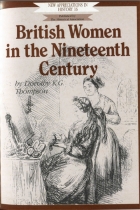
British Women in the Nineteenth Century
ArticleClick to view -

Census 2021: using the census in the history classroom
ArticleClick to view -

Central and Local Government in Scotland Since 1707
ArticleClick to view -
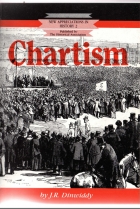
Chartism
ArticleClick to view -

Child labour in eighteenth century London
ArticleClick to view -
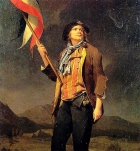
Counterfactual Reasoning: Comparing British and French History
ArticleClick to view -

Cunning Plan 139: Victorian debates about progress
ArticleClick to view -

Cunning Plan 152.2: using Gillray’s cartoons with Year 8
ArticleClick to view -

Cunning Plan 98: Britain 1750-1900
ArticleClick to view -

Decolonise, don’t diversify: enabling a paradigm shift in the KS3 history curriculum
ArticleClick to view

